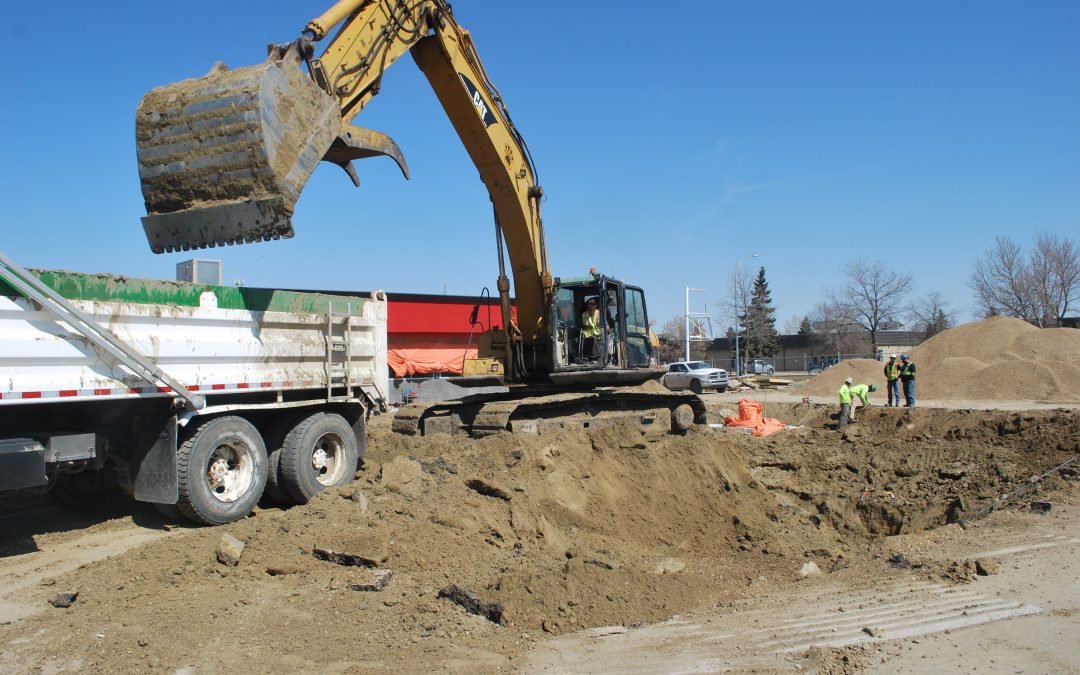Pressure is continuing to mount for the province to backtrack on its implementation of PST on municipal construction projects.
The Saskatchewan Urban Municipalities Association said medium-sized cities in the province are feeling the impact.
It suggests that 24-39 percent of the Municipal Revenue Sharing grant is being returned to the province in the form of PST on construction projects in 2021. SUMA claims that Prince Albert paid $2.8 million in PST on infrastructure projects, while Yorkton paid approximately $1 million.
In the North, at least one mayor is concerned about how PST will impact projects. “This would have a huge impact on any major infrastructure or municipal building construction we would have in the future,” said Beauval Mayor Nick Daigneault.
Beauval has not experienced the impact from PST yet, but that could change in the next few years, as water and sewer upgrades will need to be performed. Daigneault explained that his community is responsible for one-twelfth of the construction cost. However, if that project cost is in the millions, PST could be the deciding factor on whether the project goes ahead or is delayed.
“By adding this PST on a multi-million price tag, it bumps up that price even more,” Daigneault said.
Municipalities are already facing increased costs for construction materials and trades labour, post COVID-19 pandemic, which only adds to project costs.
Dagnault said Beauval recently turned down a $1.5 million project, which ballooned to $2.3 million making it unfeasible.
The province doesn’t seem to be swayed by the municipalities’ argument. Premier Scott Moe explained the government is not considering changing the current formula. He says the government too pays for construction PST, which is then pooled and distributed to the municipalities at a rate of one-third of one percent. Yet the NDP see this as a hindrance, threatening jobs, investment and possibly delaying projects.
Daigneault said he is not contemplating a property tax increase to cover added costs, as Beauval has seen two residential property tax hikes since 2016, including the most recent being last year.
